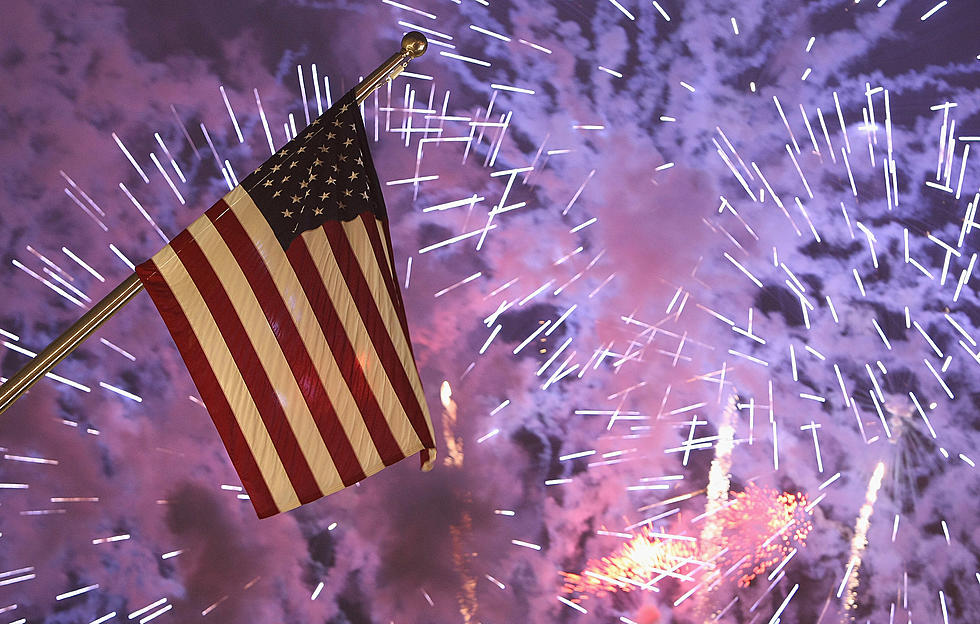
Wyoming Lawmakers Advance Cigarette, Liquor Tax Increases
A legislative committee earlier this week voted to advance bills that would raise the tax on cigarettes as well as the markup on liquor sold in Wyoming.
The working draft of the cigarette tax bill would increase the tax on a pack of cigarettes by one dollar each, while the liquor bill would increase markup by three percent. Both draft bills were advanced by the Wyoming Legislature's Revenue Committee this week, and will be presented to the full House of Representatives during February's budget session.
The committee is tasked with finding some $200-$300 million in additional revenue for the state. The annual shortfall for education funding alone could top $250 million by 2018.
Republican Sen. R. Ray Peterson, the committee's Senate chairman, says he is unsure how the proposals will be received in the house, or whether they stand much chance of passing at all. He says it's only fair that Wyomingites who indulge in tobacco or alcohol pay for the costs associated with the use of those products.
The senator highlighted domestic violence, traffic violations, and drunken driving as problems associated with, if not rooted in, alcohol abuse. In addition to other negative impacts felt statewide, those issues cost taxpayers money in the form of law enforcement and emergency services, court services and substance abuse treatment.
"It's absolutely out of control," Peterson emphasized.
"The problem is that we as a society -- basically, we're charged for those things, and we subsidize those things. And I asked the question: where's the fairness to ask me as a nonsmoker and a nondrinker to subsidize that?" Peterson asked Thursday. "It's in the millions [of dollars] that comes out of the general fund."
"All we're asking is for the taxpayers that participate in these types of substances to pay their fair share, and pay more than they have been," Peterson continued. "Even a dollar a package is going to raise maybe twenty million in revenue, and that doesn't even come close to what we're spending."
A third proposal, which the committee did not elect to advance at its Monday meeting, would have raised the tax on malt liquor. Peterson says he has been trying to get it passed for a number of years, and may propose it individually during the budget session. He says the proposed increase would only have generated another $2-$3 million in revenue.
Republican Rep. Michael Madden, the House chairman of the committee, agreed that both the cigarette tax increase and liquor markup bills face an uphill battle. The bills would require a two-thirds vote to pass the House, so 'no' votes from 21 representatives would be enough to shoot them down.
And Madden says at least 12 representatives have already promised to vote against the bill.
"They've kind of consigned their vote to the [Wyoming] Liberty Group," Madden says, explaining that those dozen or so representatives have signed a pledge to vote against any and all proposed new taxes.
Recently, candidates for the Wyoming Legislature have taken to signing such pledges in an effort to garner votes, Madden says.
"Unfortunately, that probably happens once in awhile," he added. Madden also says donors will contribute to such campaigns, knowing that they'd have such a vote guaranteed for the next two years.
"The dark money that you hear about that's kind of been proliferating for awhile has also been a part of it," Madden says.
Two years ago, then-House Speaker Kermit Brown, a republican representing Albany County, remarked that the house has become increasingly polarized, particularly when it comes to state funding.
Madden on Thursday agreed with Brown's assessment.
"It wasn't that way as short as five, six years ago. But a sea change has occurred that has changed the objectivity of the House," Madden says. "There's not a need to debate issues when you've already made up your mind and you've already consigned your vote to a third party."
The proposed tax increases may be reduced by the time they take their final form, assuming they get that far. Madden expects the January report from the Consensus Revenue Estimating Group to show an improved revenue forecast from the October report.
"If that's the case, it will lessen the need for us to talk about these bigger tax increases," Madden explained.
Peterson says that should the cigarette tax increase pass the full legislature, it would only be implemented after the Eastern Shoshone and Northern Arapaho agree to a tax on cigarettes sold on the Wind River Reservation. Cigarette packs sold there are currently not taxed, Peterson says, and revenue from any taxed sales on the reservation would need to go to the tribes.
"My battle cry all along has been that we need to start addressing our dependency on minerals, and we somehow need to take some baby steps to get away from that boom and bust cycle," Peterson says. During his six years on the committee, he has found the state's ties to that cycle "frustrating."
"Seventy percent dependency on minerals is a bit extreme. We can do better," Peterson emphasized.
More From K2 Radio









